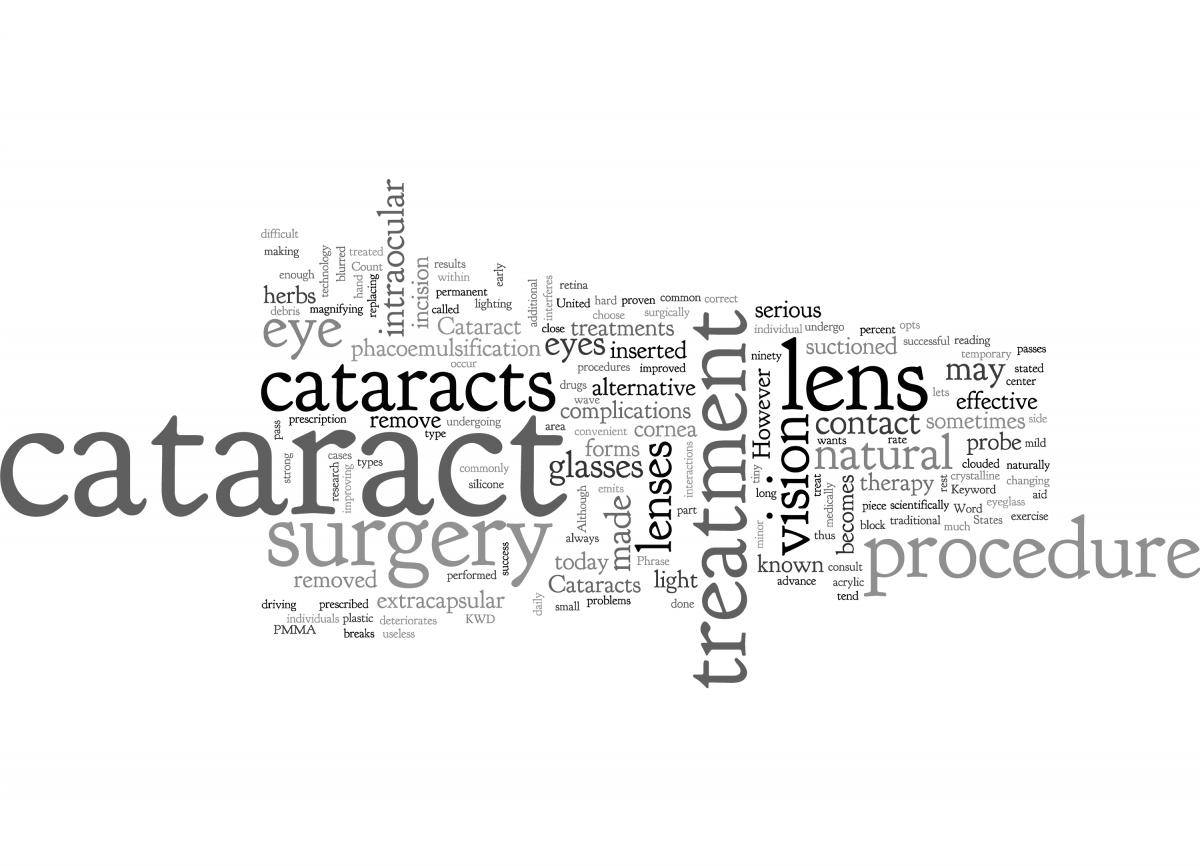What is the wait time for cataract surgery (Ontario)?
Published in Cataract Pre-Surgery Questions
What is the wait time for cataract surgery (Ontario)?
I can only speak to this for those of us in Ontario, Canada.
Wait times for cataract surgery in Ontario vary dramatically depending upon surgeons, budgets and operating room time available for surgeons.
As of now – March 2020 – in London, Ontario… the wait times are approximately eight months from time of referral to time of surgery.
In Ontario, you have the ability to go to a private center for cataract surgery. If you are interested in this, you should discuss this with your Optometrist prior to your referral. A private center may influence your wait time but not significantly. Privately paying for a medical service can not buy your way to the front of the line but because less folks pay, the queue is shorter after you are assessed in your initial surgery consult.







